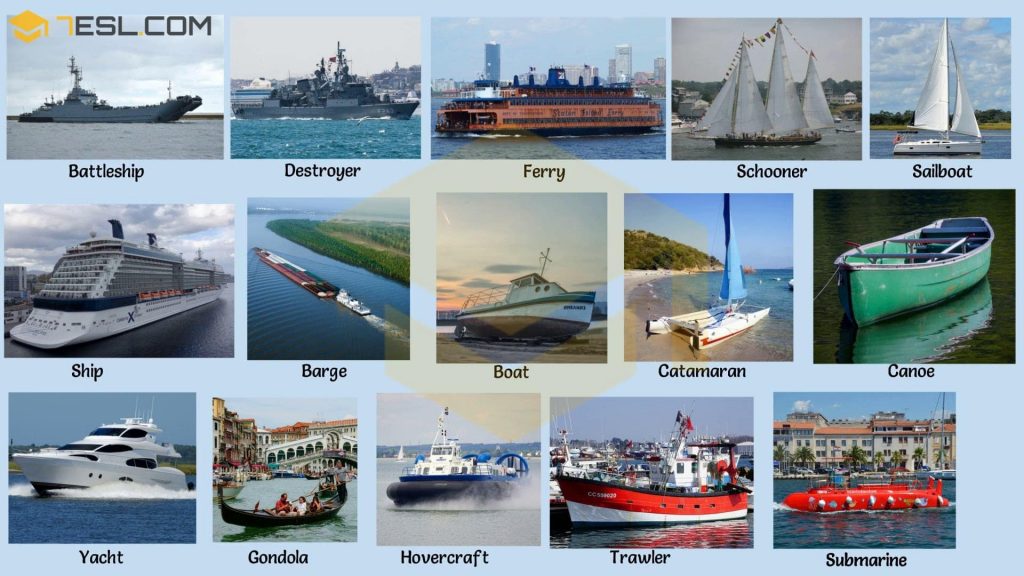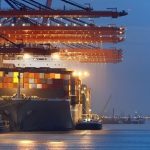The Covid-19 pandemic hit us suddenly and caught us unaware. It crippled life in an unprecedented way and, in many ways, has changed our way of living forever.
The world economy will recover following the COVID-19 pandemic and it will be the global shipping industry that will be at the forefront of this fight-back.
Was it different for the various sectors of the shipping industry?
Cruise Ships – No, not really. Being industry-driven and thriving on passengers, and interpersonal interactions, the cruise passenger industry was no different, and it took a severe hit during Covid. The foundation of the cruise industry-thousands of passengers and crew living onboard a ship in a relatively closed environment became a reason for the rapid spread of Covid.
For two years, most cruise ships worldwide were confined to prolonged anchorages with minimum safe skeletal manning onboard to sustain basic operations. The cruise passenger, cargo, and freight (shipping) industry employed many lakhs of people and was forced to lay off many employees. Many cruise ship employees lost their livelihoods and were forced to look for jobs ashore to support their families. The basic operational costs, viz. provisions, water, bunkers, crew and staff salaries, anchor/berth costs, agency fees, etc., without any earnings over almost two years were driving the cruise industry to the edge, challenging its very existence.
The global recovery won’t happen overnight and the ‘new world’ we emerge into will be one focused more on digital technology and the human element because if we have learned anything from this pandemic, it is that there are weaknesses in the operational chain. If you can’t get to a ship, and can’t conduct a survey or inspection, then that is a weakness of the current system. On the one hand, cargo ships were serving as a lifeline, at the forefront of transporting essential goods and commodities across continents in the middle of the pandemic. On the other hand, the very existence of the cruise passenger industry became a huge question mark.
Impacted Trade Traffic – China is a significant player in international trade, as it is the busiest and most significant shipping freight port in the world. The entry and exit of the ships have been restricted in several important ports as a quarantine measure to curb the outbreak impact. Some of the most significant trade and logistics shipping operators have halted their freight duties in the Chinese regions.
Soaring Freight Charges & Reduced Freight Capacity – The fluctuation in ocean freight charges is driven by a supply and demand relationship like any other price perception in the global trade market. With Coronavirus upending the current shipping industry, major issues have emerged, including reduced freight capacity, blank sailings, and port omissions. These issues have been concerning space availability, so shippers are facing capacity concerns.
Furthermore, they are trying to benefit from this situation to announce the increase in the general freight charges. It has been observed that certain shippers are charging almost double the amount in freight charge.
Consequently, this has pushed shippers to try alternative and more costly ways to ship air freights. In a nutshell, it has become much more expensive to transport cargo by air as this pandemic outbreak has disrupted global air freight capacity by grounding so many aircraft, thus forcing shippers to undertake costly and makeshift circumventions.
Cargo Backlogs – Cargo backlogs are predicted to raise obstacles and challenges for freight operators as the majority of the international cargo ships got halted during this quarantine period. Cargo is a significant contributor to the global economy and international trade, and that it plays a very important role in preventing and battling the disastrous effect of coronavirus.
This is what we brought to the attention of the international shipping community with a request for change:
- The existing structure of bi-lateral and multi-lateral agreements imposes restrictions for the delivery of emergency supplies – restrictions should be relaxed
- Ships-owners & crew need to quickly change the direction of ships in international waters – this should be facilitated
- The danger of ship crews to be placed in quarantine – prudent exceptions are needed for key workers
Crew Change – Crew changes during the COVID-19 pandemic have been challenging due to border closures, a lack of aviation services and quarantine arrangements around the world. Seafarers have shouldered a heavy burden during the pandemic, maintaining global trade and keeping our economies moving by delivering vital supplies.
However, it has come at great personal cost to seafarers who have served extended periods of time onboard ships, unable to take shore leave due to factors outside their control, and separated from their loved ones with much uncertainty around when they may be reunited again.
Consequences for ship operators who fail to make arrangements for crew changes include the very real likelihood that their ships will be detained by authorities until such action takes place if they are found to have seafarers onboard who have exceeded their maximum sea service.
Between March and August 2020 it is estimated that only about 25% of normal crew changes were able to take place, due to restrictions imposed by national health and immigration authorities and the suspension of the majority of international flights. There is a growing recognition that seafarers’ tours of duty cannot continue to be extended indefinitely and that the current situation is unsustainable.
Apart from serious humanitarian and crew welfare concerns, and issues of regulatory compliance, there is an increasing risk that fatigue will lead to serious maritime accidents. If this situation continues indefinitely and ships are unable to operate safely in compliance with international rules, large numbers of ships may have to suspend their operations. This will have serious consequences for the maintenance of global supply chains on which all national economies are so dependent during this time of global crisis.
Rules and Regulations – The rules and regulations which allow seafarers to leave or join ships, or take shore leave at different countries during the pandemic are controlled by state and territory health departments and maritime safety agencies. It is important to source the latest information directly from the relevant state or territory authority.
Regulations concerning shipping are developed at the global level. Because shipping is inherently international, it is vital that shipping is subject to uniform regulations on matters such as construction standards, navigational rules and standards of crew competence. The alternative would be a plethora of conflicting national regulations resulting in commercial distortion and administrative confusion which would compromise the efficiency of world trade.
The shipping industry is principally regulated by the International Maritime Organization (IMO), agency responsible for the safety of life at sea The International Labour Organisation (ILO) is also responsible for the development of labour standards applicable to seafarers worldwide.
IMO has adopted a comprehensive framework of detailed technical regulations, in the form of international diplomatic conventions which govern the safety of ships and protection of the marine environment. National governments, as members of IMO, are required to implement and enforce these international rules, and ensure that the ships which are registered under their national flags comply.
If we sat here talking about every country’s prohibitions and restrictions, we would be here all day. The thing about shipping prohibitions and restrictions is that they vary by country and by carrier. So, aside from the obvious things like poison and illegal substances (which no country wants to receive), there are unique factors which will be difficult to account for unless research is done beforehand.
This widespread pandemic, which had outgrown, from its initial roots in China, into the global sphere, is causing rippling repercussions across several industries. It has also severely plummeted the shipping industry. Disruptions take their toll on a much broader scale than anticipated, and the shocks and obstacles for businesses are visible at all points of supply chains.
Disruptions take their toll on a much broader scale than anticipated, and the shocks and obstacles for businesses are visible at all points of supply chains. At some of India’s most important ports, such as JNPT and Mundra, shippers have presented new general rates.
The Redemption & Restart
Fortunately, the answers did arrive before it was too late. The rigorous pandemic-management measures (masking, restrictions, isolations and quarantine procedures) adopted around the world and the eventual arrival of the vaccines slowly but gradually resulted in subsiding the pandemic. Increasing research and findings led to more information and knowledge about the virus, which helped to reduce the fear of the disease and provided reassurance to the masses.
It has also been observed that logistics has become a crucial concern for tackling the situation. It is presumed to become customary once the guidelines are revised and updated by the authorities.
However, the short-term consequences are clear: the shipping industry is getting impacted, and freight charges are shaking. The pandemic cast a gloom over the entire world. Every country, whether developed or not and all walks of life were severely affected.







